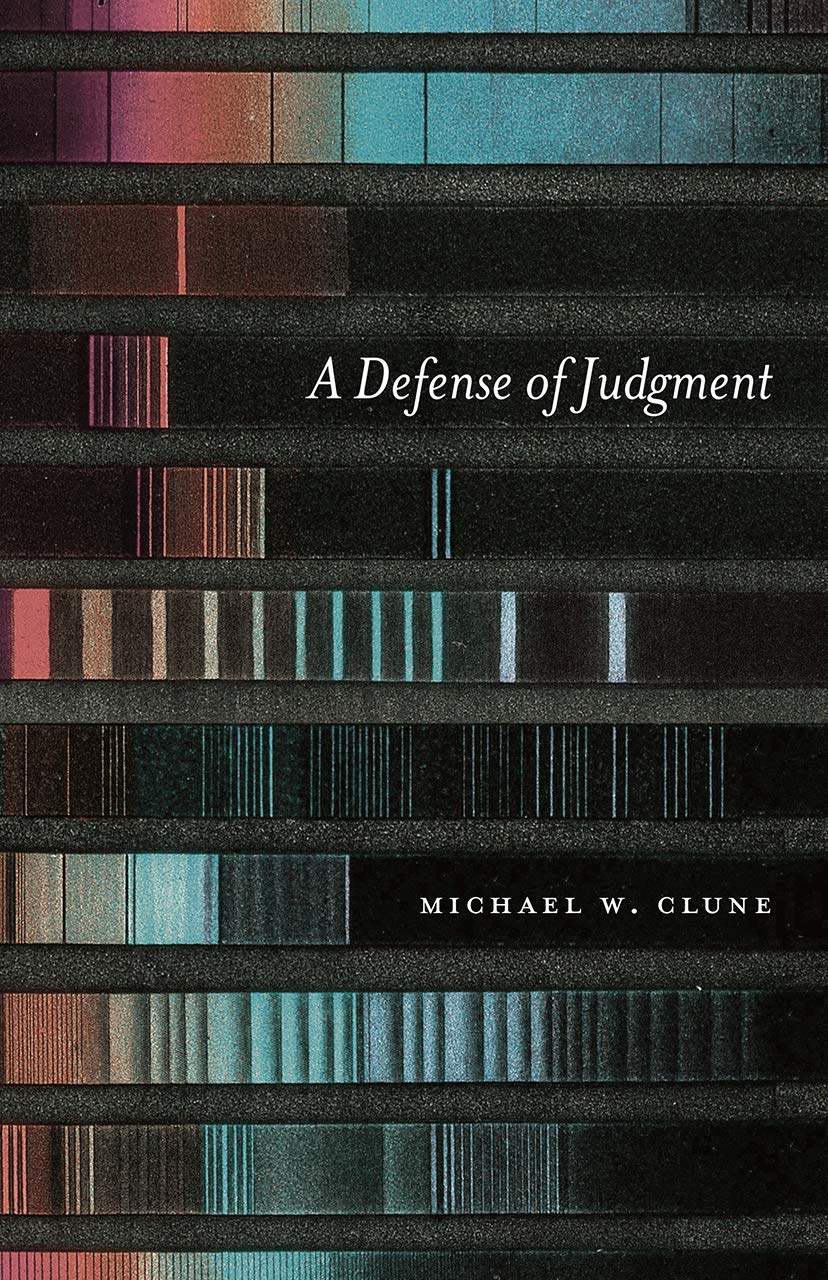University of Chicago Press
A Defense of Judgment
Regular price
$30.00 USD
Regular price
Sale price
$30.00 USD
Unit price
per
Shipping calculated at checkout.
Couldn't load pickup availability
Title: A Defense of Judgment
Author: Michael W Clune
Literary Criticism: 1699470
ISBN: 9780226770154
Publisher: University of Chicago Press
Published: 2021
Binding: Paperback
Language: English
Edition: First Edition
Number of Pages: 254
Section: Literary Criticism | General
Condition Note: New from the publisher
Publisher Description: Teachers of literature make judgments about value. They tell their students which works are powerful, beautiful, surprising, strange, or insightful--and thus, which are more worthy of time and attention than others. Yet the field of literary studies has largely disavowed judgments of artistic value on the grounds that they are inevitably rooted in prejudice or entangled in problems of social status. For several decades now, professors have called their work value-neutral, simply a means for students to gain cultural, political, or historical knowledge. Michael W. Clune's provocative book challenges these objections to judgment and offers a positive account of literary studies as an institution of aesthetic education. It is impossible, Clune argues, to separate judgments about literary value from the practices of interpretation and analysis that constitute any viable model of literary expertise. Clune envisions a progressive politics freed from the strictures of dogmatic equality and enlivened by education in aesthetic judgment, transcending consumer culture and market preferences. Drawing on psychological and philosophical theories of knowledge and perception, Clune advocates for the cultivation of what John Keats called "negative capability," the capacity to place existing criteria in doubt and to discover new concepts and new values in artworks. Moving from theory to practice, Clune takes up works by Keats, Emily Dickinson, Gwendolyn Brooks, Samuel Beckett, and Thomas Bernhard, showing how close reading--the profession's traditional key skill--harnesses judgment to open new modes of perception.

